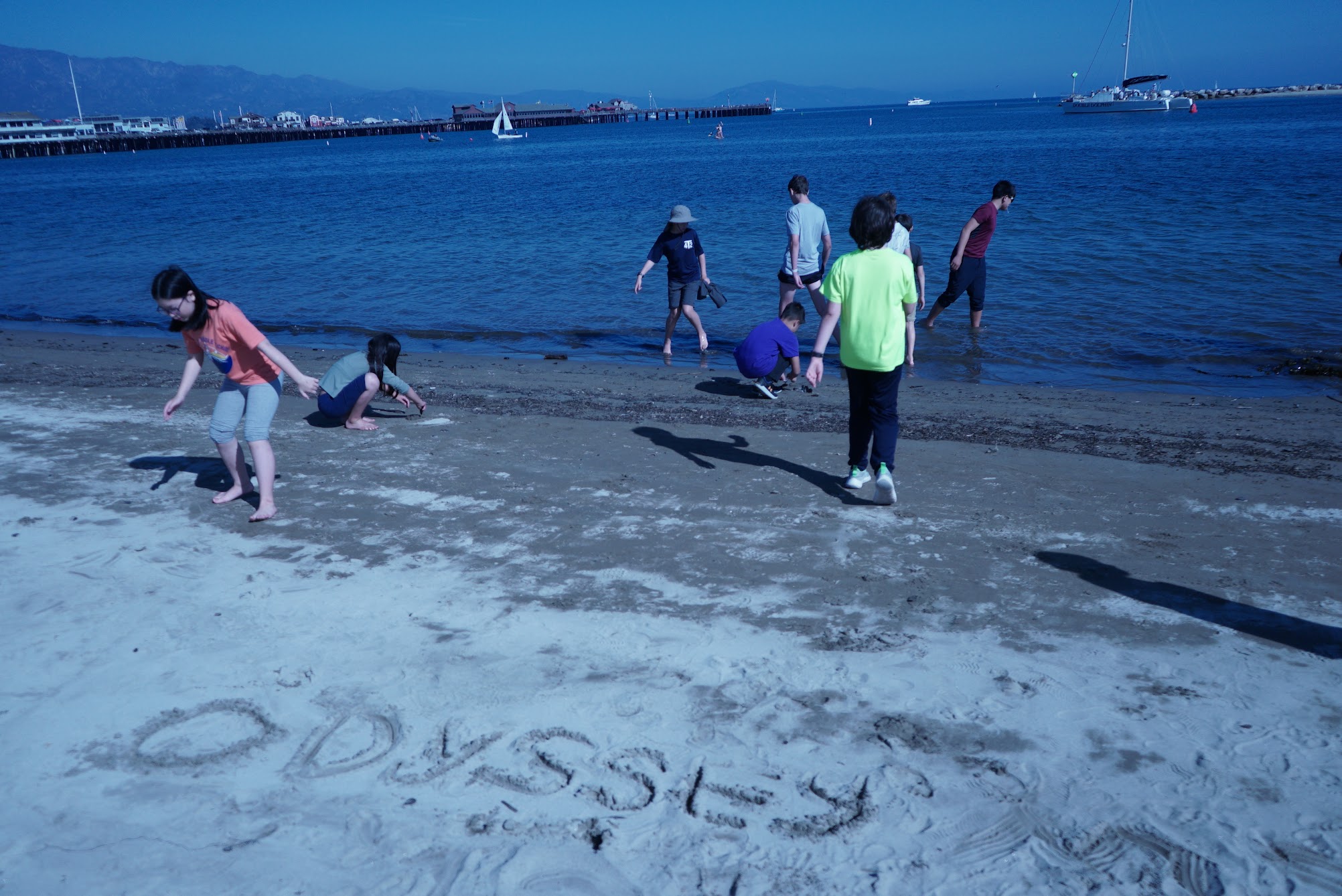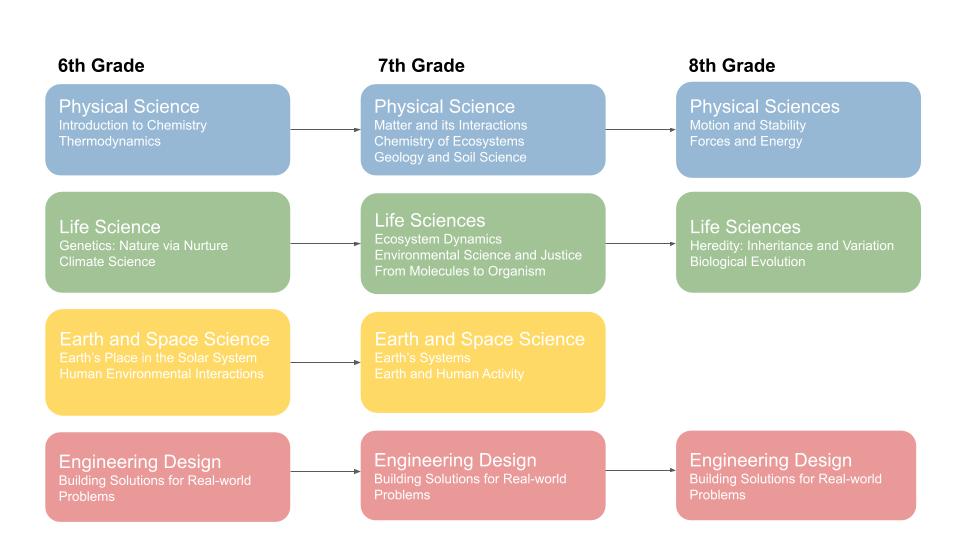Program Goals
The Odyssey School science program is a hands-on, project-based program that integrates life, earth, and physical sciences, and engineering. It aims to develop the following fundamental scientific understandings in our students:
- Nature is a system. All things are made up of interacting and interdependent parts that are a part of a larger system.
- Energy and matter flow through systems. Everything in nature interacts with and is affected by energy.
- Stability, change and equilibrium each have a role. Nature moves towards balance and, at the same time, systems can show stability over long periods of time.
- Structure and function impact each other. The way things are shaped and constructed determines what they can do. A system’s function is determined by the attributes of its constituent parts.
- Models, both physical and mathematical, are key in representing abstract ideas and phenomena and in helping us describe how nature works.
- Science is a systematic discipline of questioning, observation and analysis.

Course Overview:
Science at Odyssey develops scientific-thinking skills through inquiry, rigorous content, and hands-on learning. In line with a project-based learning approach, students investigate the natural world and design solutions for real-world problems. Our middle school science program aligns with the Next Generation Science Standards (NGSS), which are researched-based K-12 science and math content standards developed collaboratively by the National Research Council, the National Science Teachers Association, and other stakeholders in science, science education, higher education, and industry. Each year of science at Odyssey integrates content across the four core NGSS domains: Physical Science, Life Science, Earth and Space Science, and Engineering. Over the course of three years, students encounter progressively more complex material that builds upon the previous years.
Once a week students at Odyssey participate in an outdoor integrated Science and Social Studies field course. In this course students learn through hands-on discovery of the local environment while hiking and biking on San Mateo trails. Examples of field-based experiences include water testing of creeks and ponds, microscopy with handheld field microscopes, and the study of local geologic features. Overall, Science at Odyssey offers a unique and rigorous experience that prepares students for further science education in high school and beyond.

Curriculum aligns with the Next Generation Science Standards.
